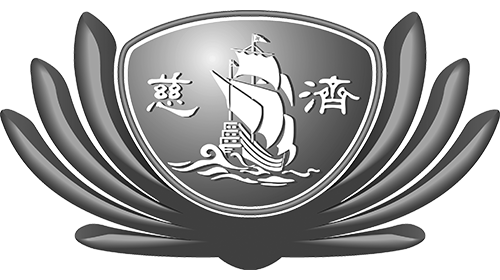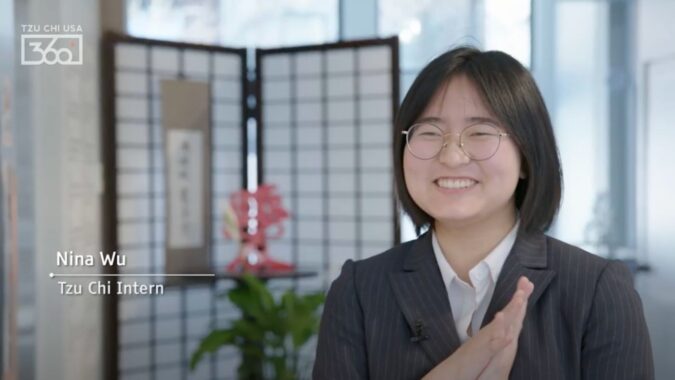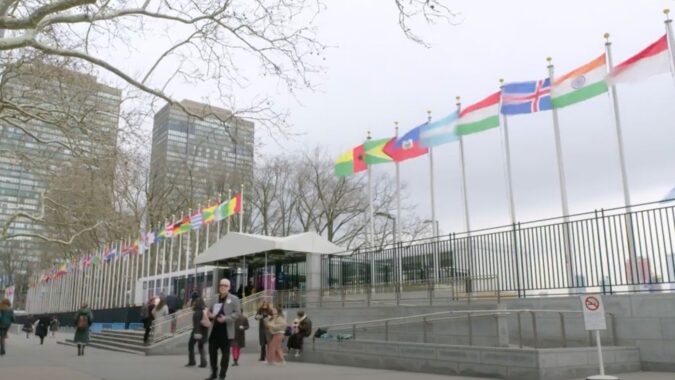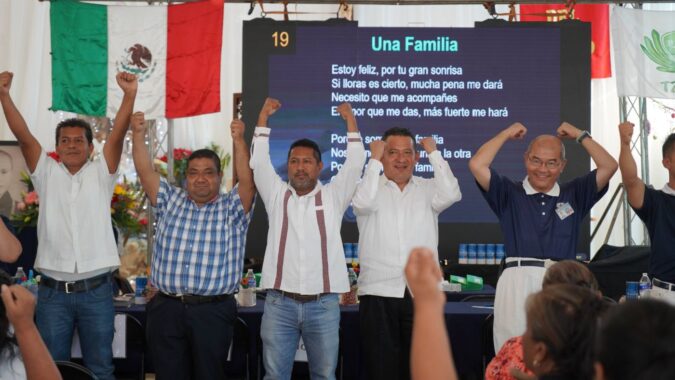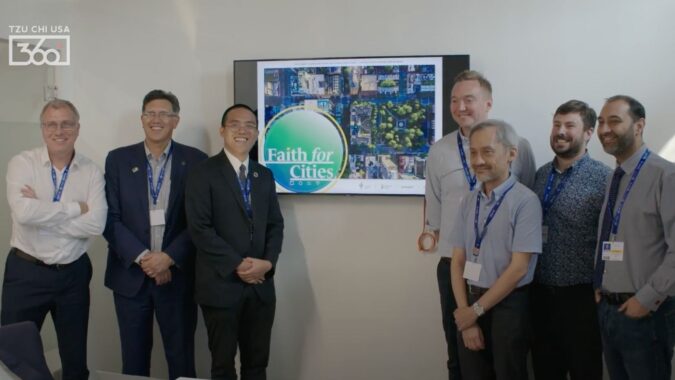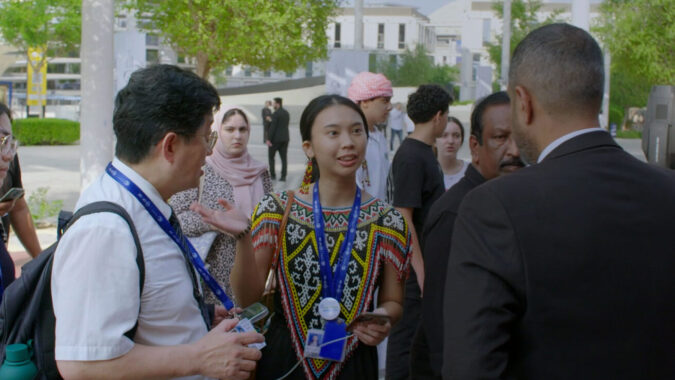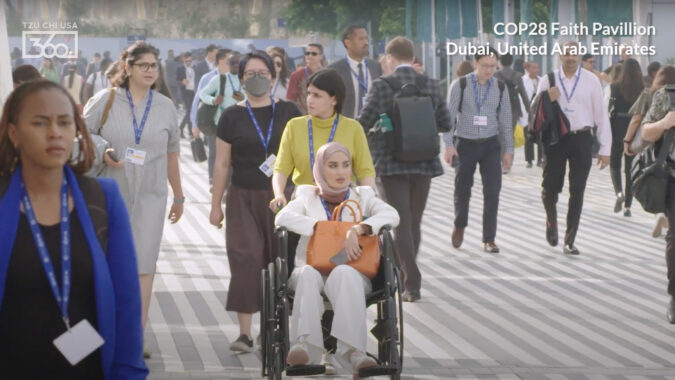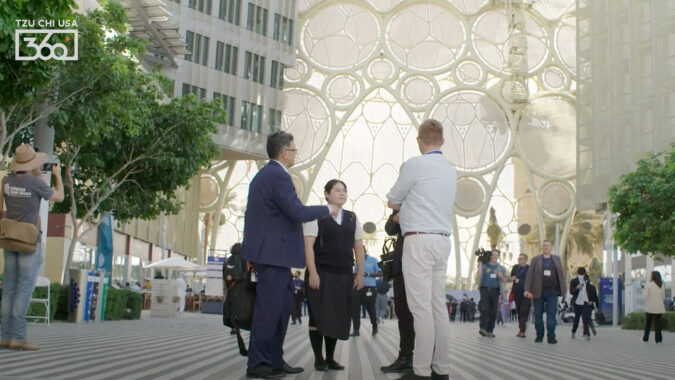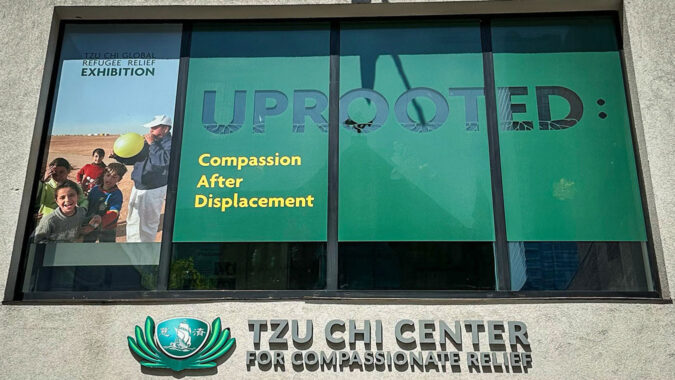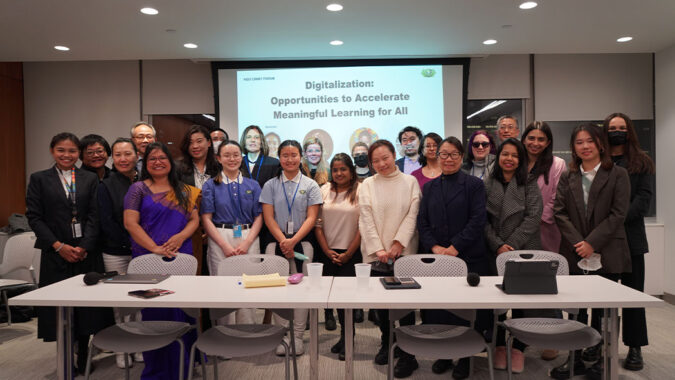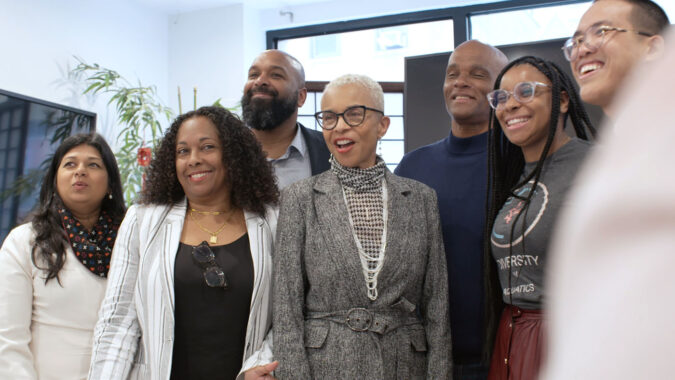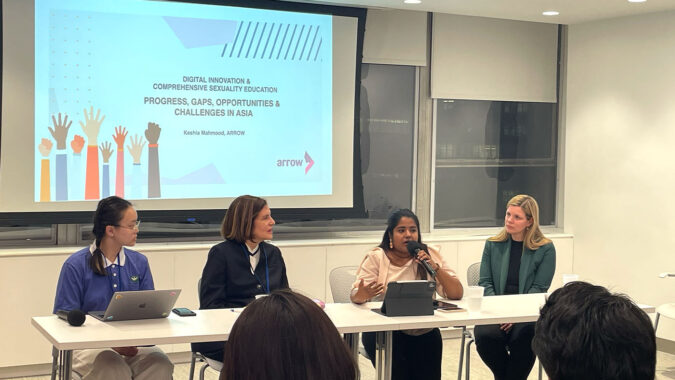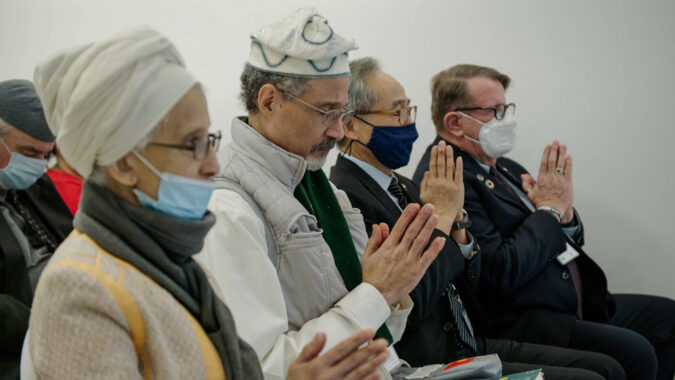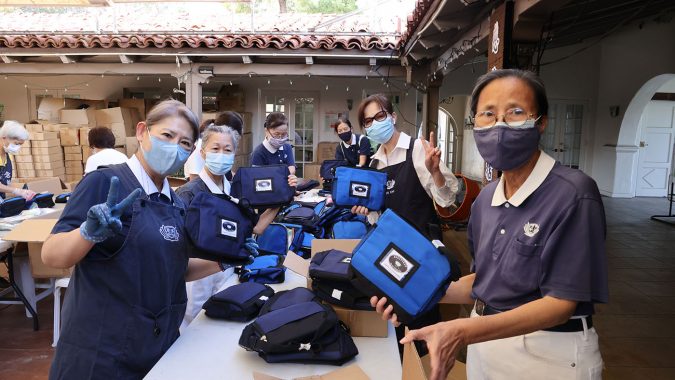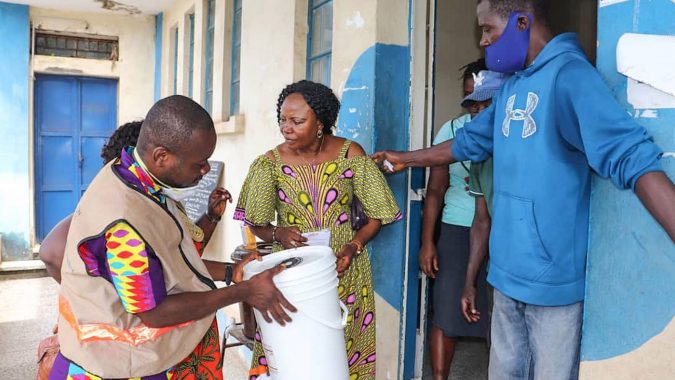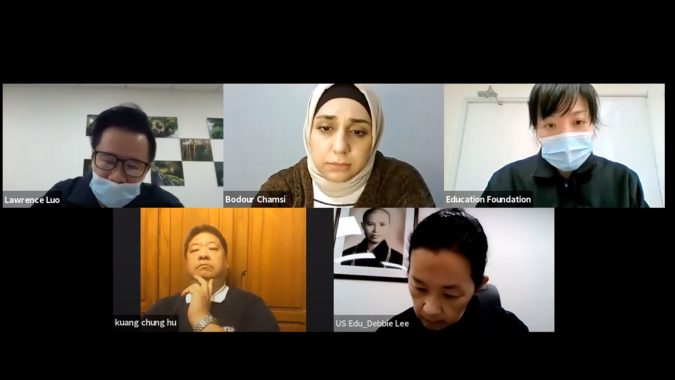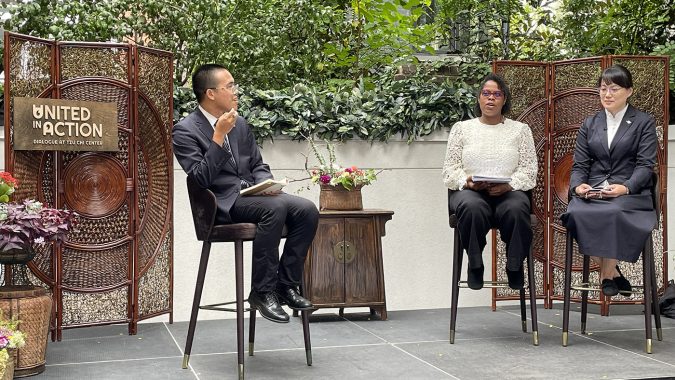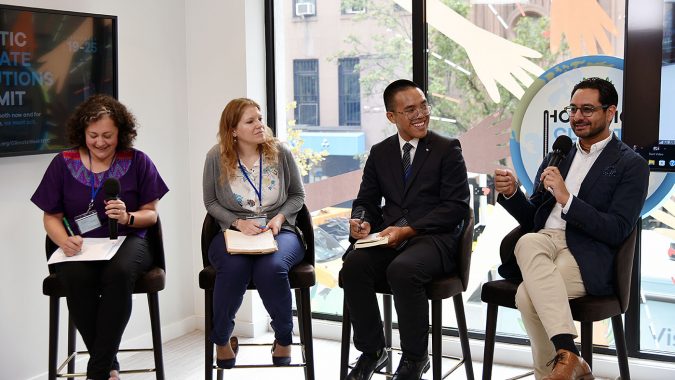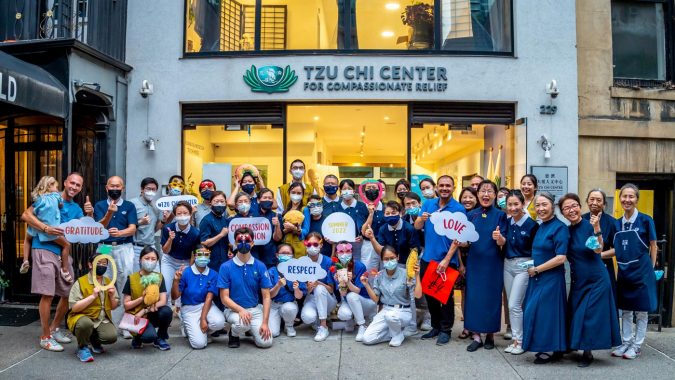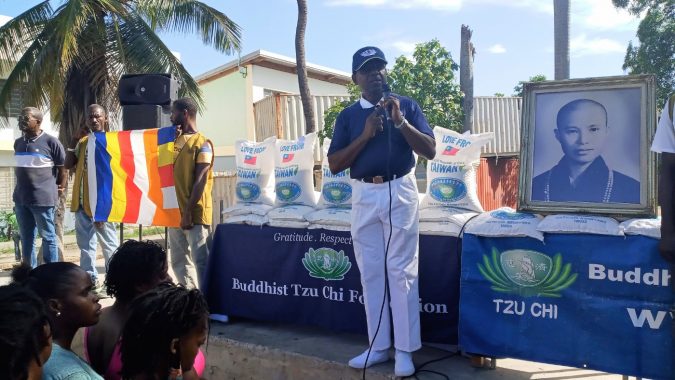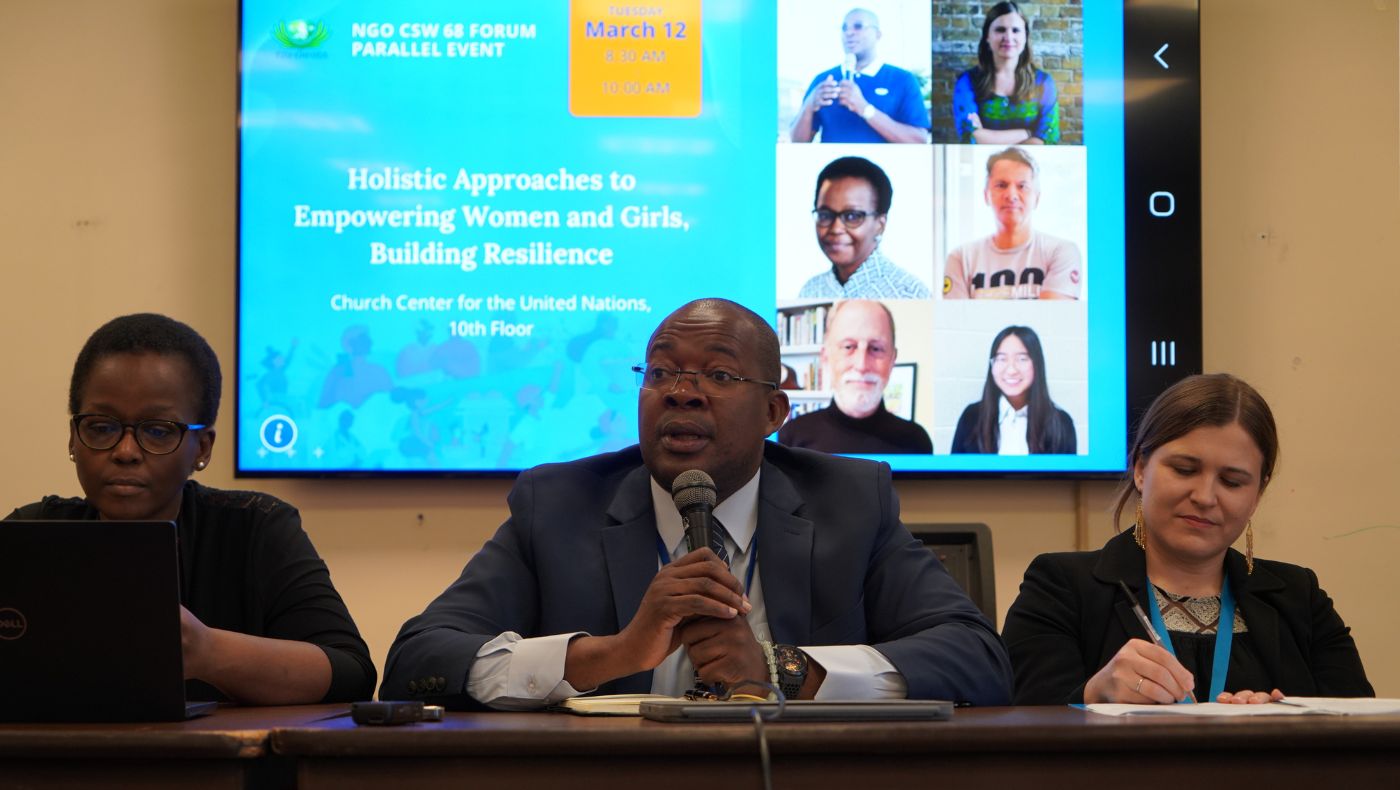
WRITTEN BY: Anna Sipek
On March 12th, the Tzu Chi Foundation kicked off the first day of the United Nations’ Commission on the Status of Women bright and early with an event dedicated to holistically empowering women on an international level. Entitled “Holistic Approaches to Empowering Women and Girls, Building Resilience,” the panel brought together activists, academics, and humanitarians from around the world to explore the many ways we can come together as a community to build support and resilience among women.
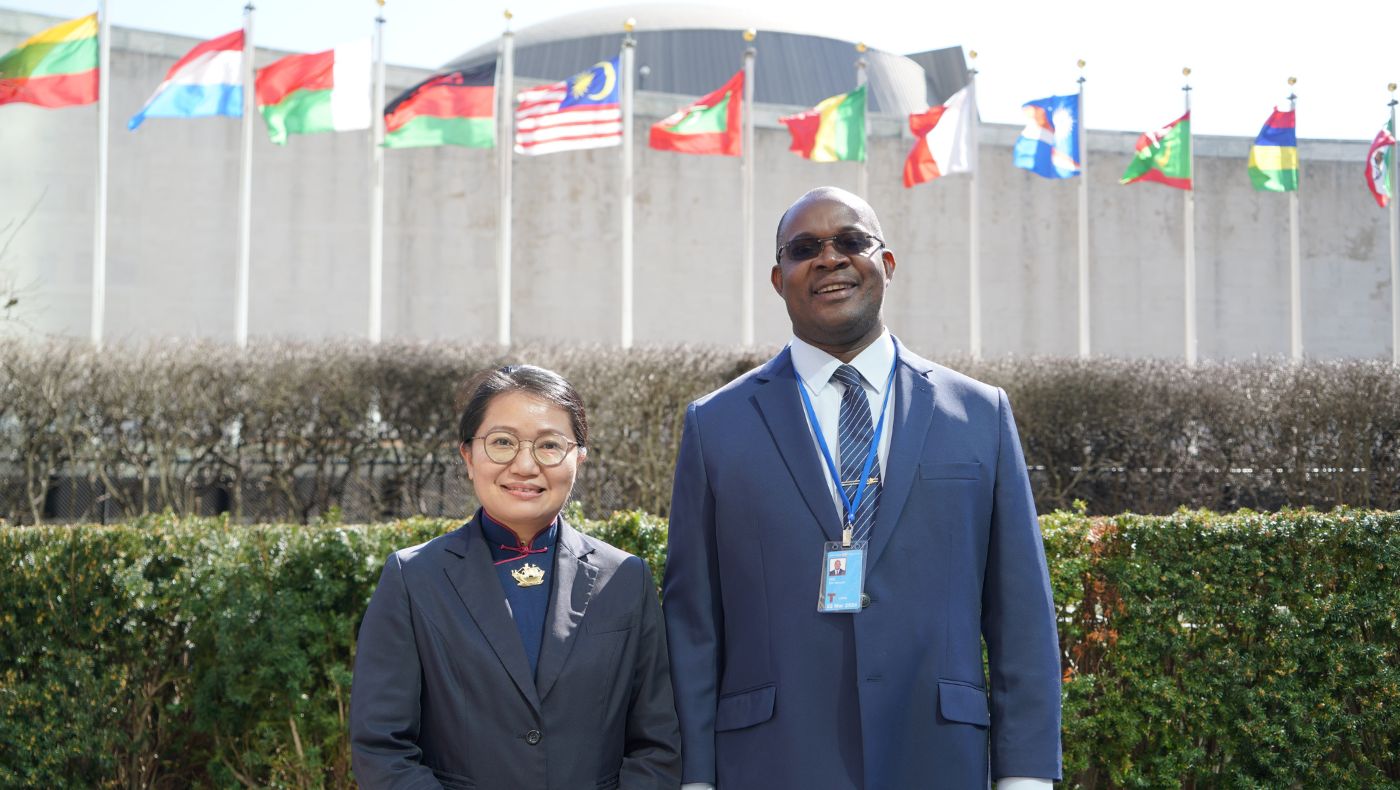
The Challenges We Face in the Fight for Women’s Rights
Today, 1 in every 10 women is living in extreme poverty. The number of women in conflict areas has doubled, and there they are 7.7 times as likely to live in extreme poverty. Women are also twice as likely to be left hungry by climate change. All this poverty is the result, according to experts on the panel, of systems that have been built to keep a small group of people in power and the rest to fight over crumbs.
“The British created a system to enslave us, and we have carefully preserved it ever since,” explained panelist John Coonrod from the Movement for Community Led Development. “So the kind of system that oppresses women and girls, that destroys the environment, that strips people of their dignity, that thinks war and concentration of power are good things – is a fundamental mindset that is everywhere.”
It is not uncommon for people to believe that misogyny and structural differences for women are a relic of the past. As the panel went on it became clear that despite many, many years of progress for women internationally, there are challenges women continue to face and more than that there are people fighting directly to revert what progress has been made.
“The next generation on average have more regressive views when it comes to gender inequality,” noted UNICEF representative Ruth Graham-Goulder. “The reality of making progress is that there are organized groups trying to push back against that progress.”
“Patriarchy is organized and it has untaxed billionaires working to get those young men to be little, awful patriarchs, so that has to change,” added Coonrod. “The power has to shift from a bunch of guys in the center to local communities. Women and girls have a fundamental human right to voice in the decisions that affect their lives.”
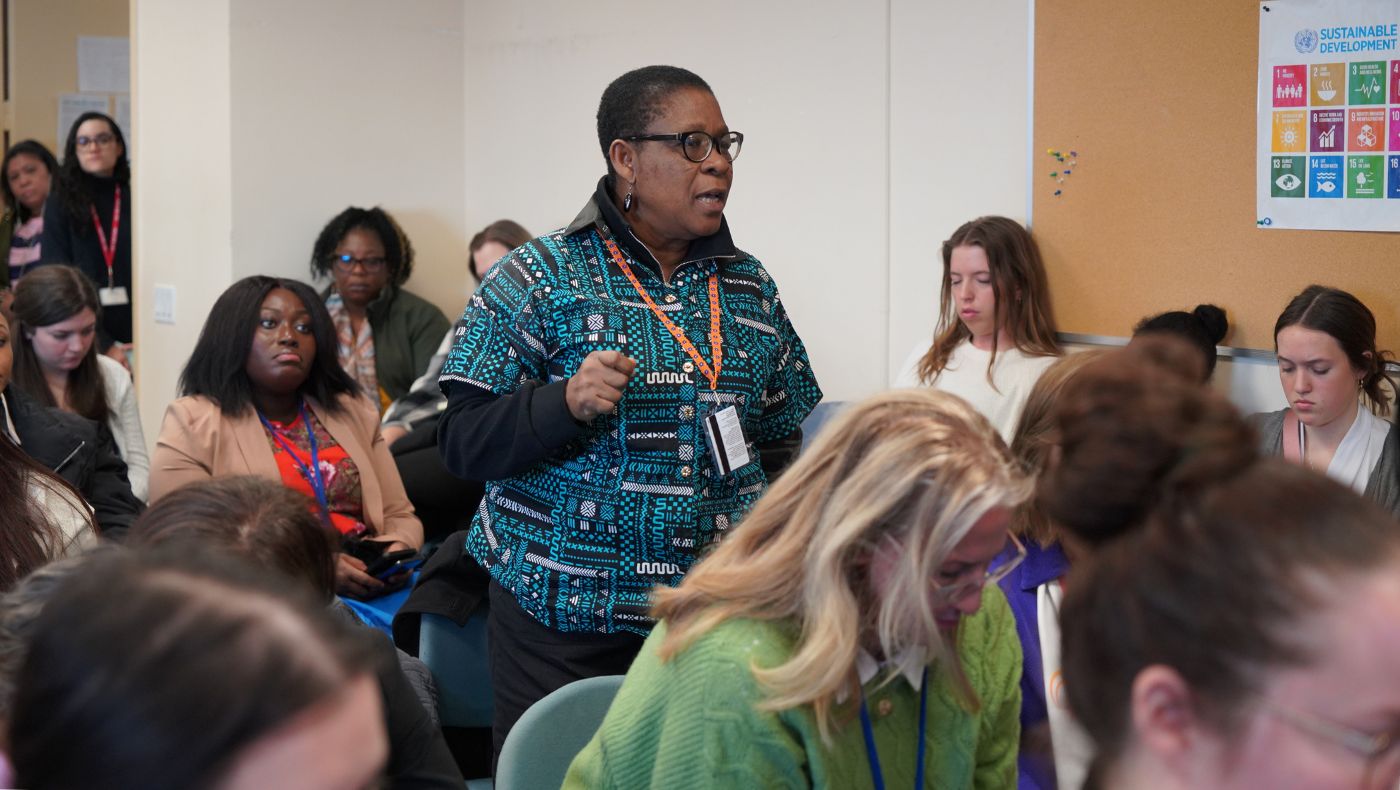
What We Can Do to Change the World
With all of these burgeoning issues, it can feel overwhelming to even begin to fight for women’s rights.
“It’s easy when we think about the scale of the problems to feel very depressed, to feel we can’t make progress, but that’s not at all the case,” remarked Graham-Goulder. “We know from history that we can make progress. And we also know from a whole range of evidence that we can make a difference in a number of different areas.”
Throughout the panel, the experts offered a number of key ways that they believe we can begin to empower women and girls.
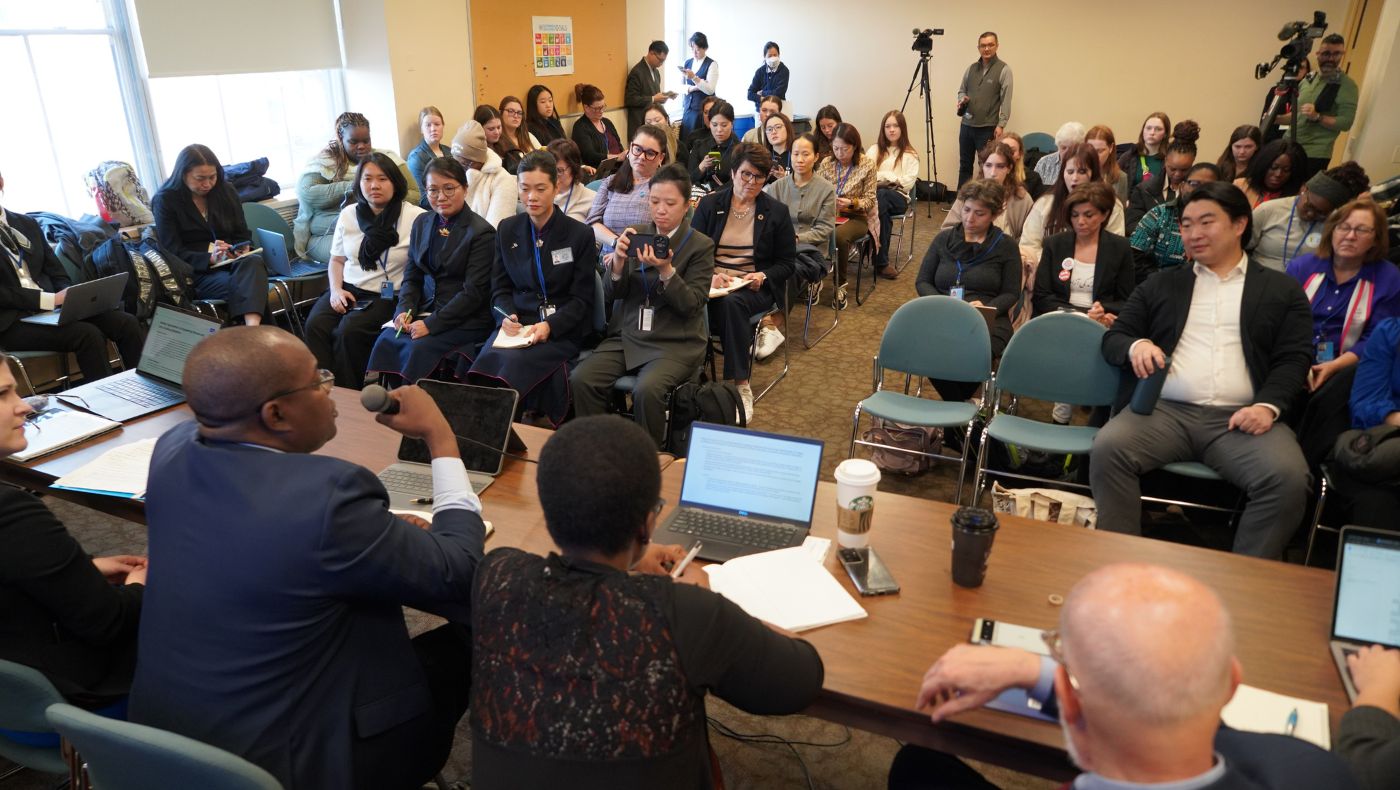
Equipping Women with Belief and Resources
“We need to equip those women to really be able to lift themselves up out of their own mindset in terms of their own skills and ability,” said panelist Elizabeth Uriyo.
Without the trust of self, it is difficult to manage much of anything. So many women and girls are brought up to see themselves as inferior and less than. Even if that isn’t an explicit part of their childhood, the way they are interacted with later in life can have a huge impact on their sense of self.
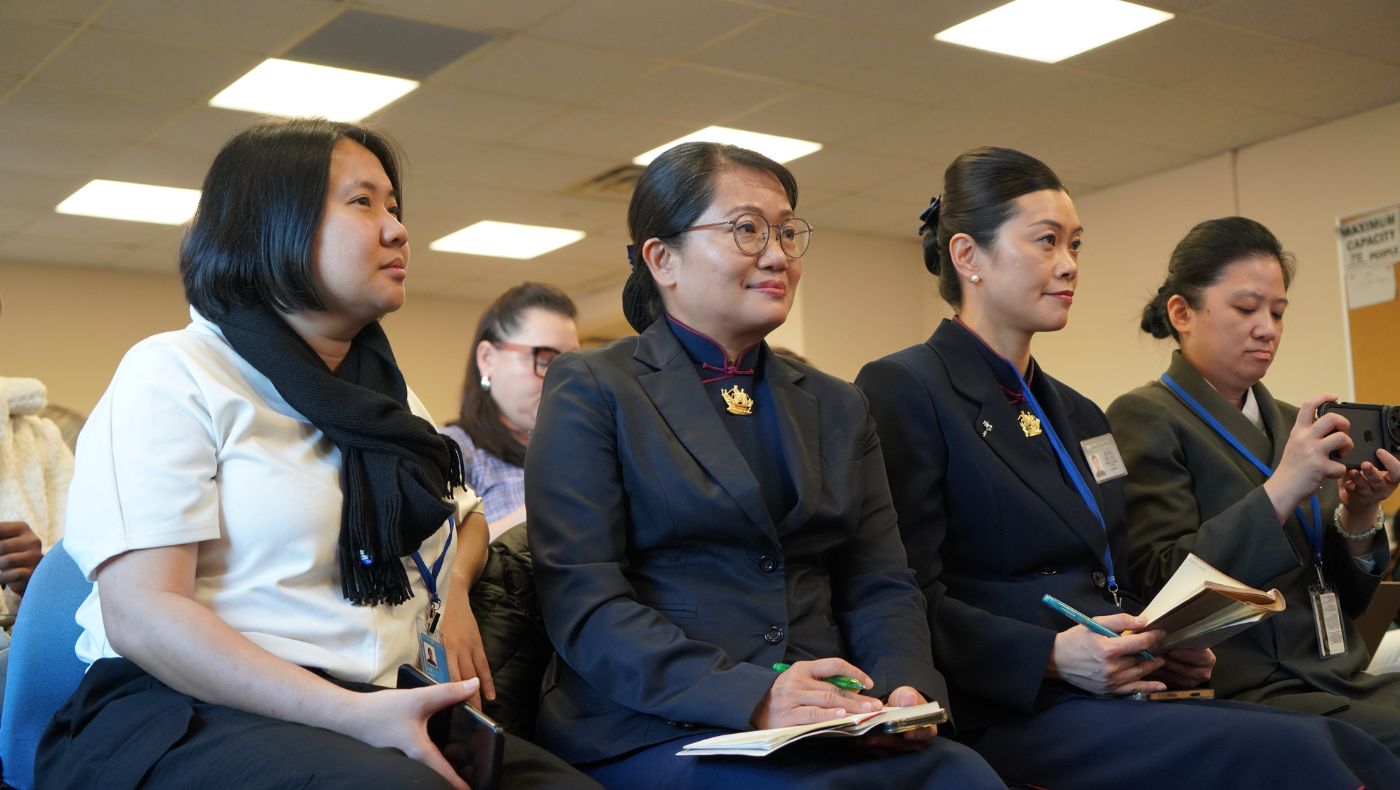
Educating Women
To educate women is to provide them with a scaffolding to build the world they would like to see, to advocate for their own rights, and to understand the ways in which they might be able to build up one another.
“As an organization, we believe that the future at least in Mozambique passes by educating women,” explained Tzu Chi Mozambique member Dino Foi.
In Mozambique, elder marriages, or marriages of girls to older men, are common. For many it is seen as a way to provide economic mobility for women and girls who would otherwise be stuck in their station in life. Education provides another route towards economic mobility and allows girls to come together and protect one another from these marriages.
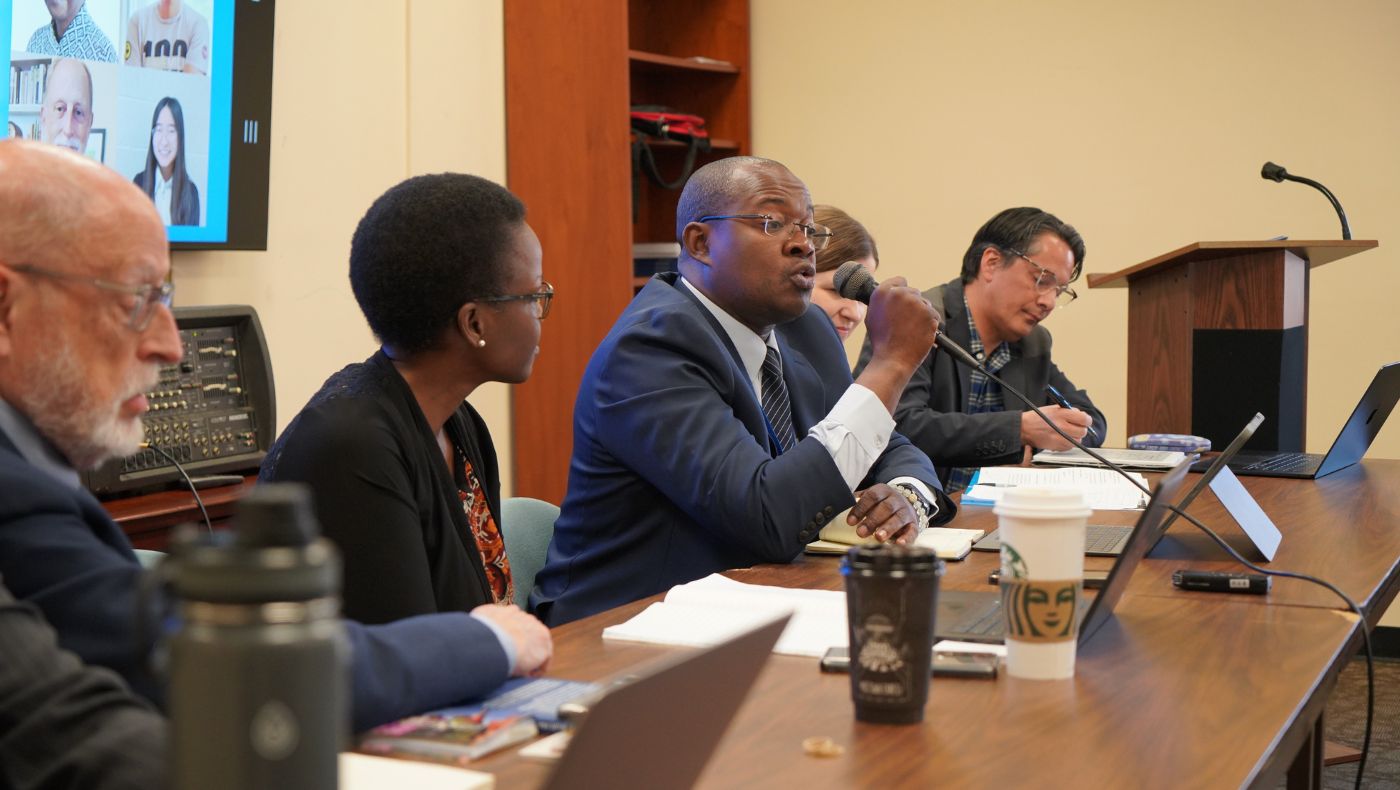
Encouraging and Supporting Women’s Movements
At the end of the day, the best thing to do to support women is to support their causes. As women stand at the helm of grassroots organizations, they are and always will be the best champions of their own battles.
“The only safe community is an organized community,” insisted Coonrod. “When you organize girls, they will get their rights. Rights are not given. Rights are demanded, organized and fought for.”
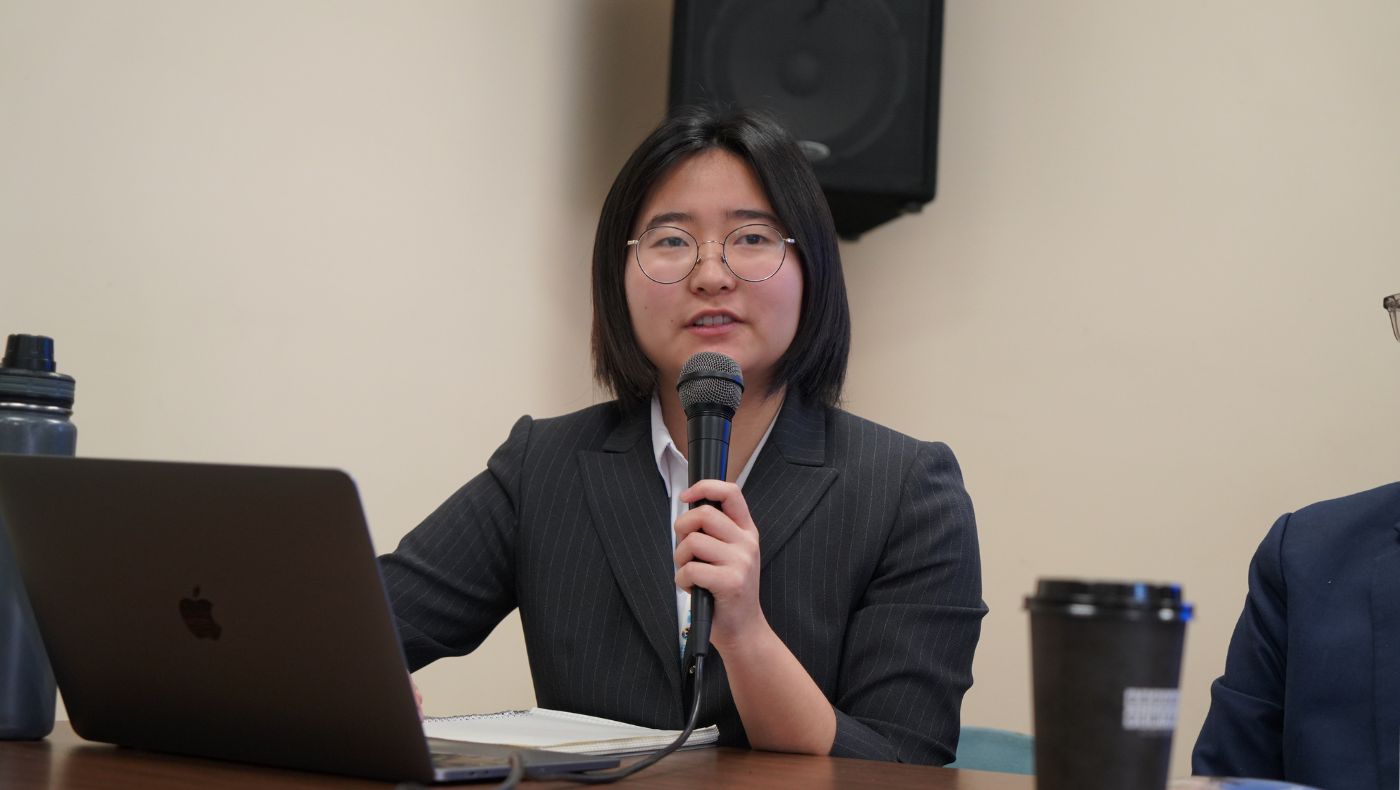
The Never-Ending Battle
The panel ended the beginning of a long two weeks dedicated to building gender equality for all. All remarked at how touching it was to see people from all walks of life coming together to create a better world for women.
As best summarized by Dino Foi: “The fight is big. The fight is long, and it’s all our cause.”
